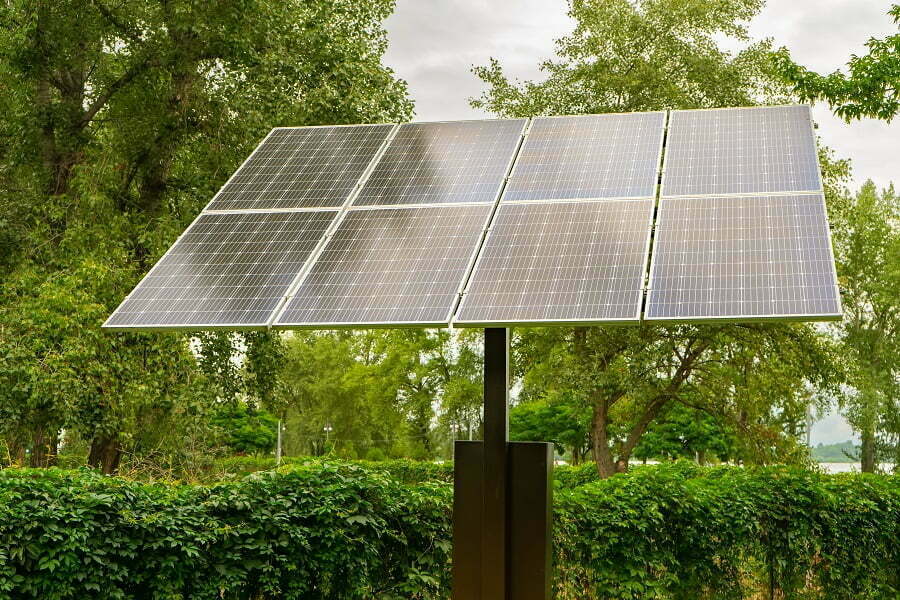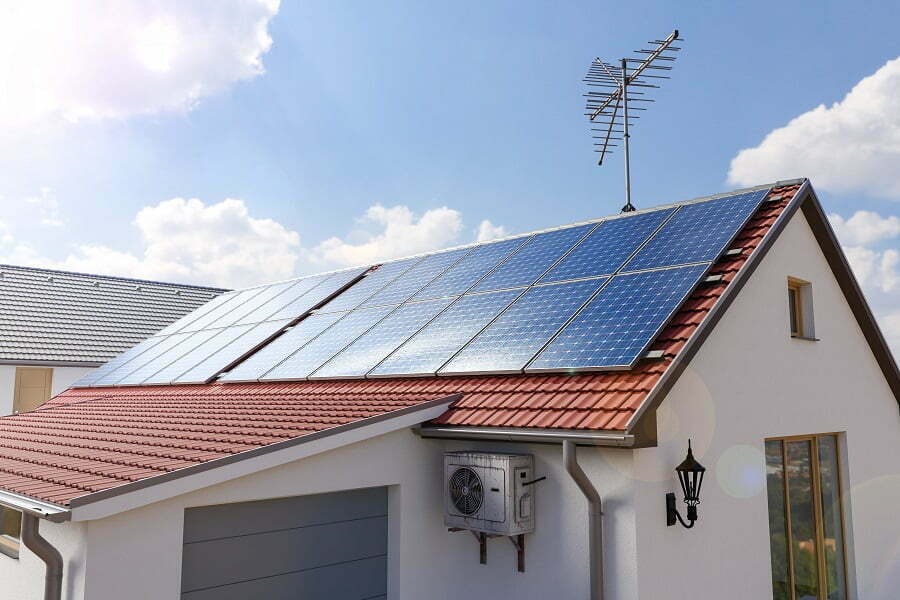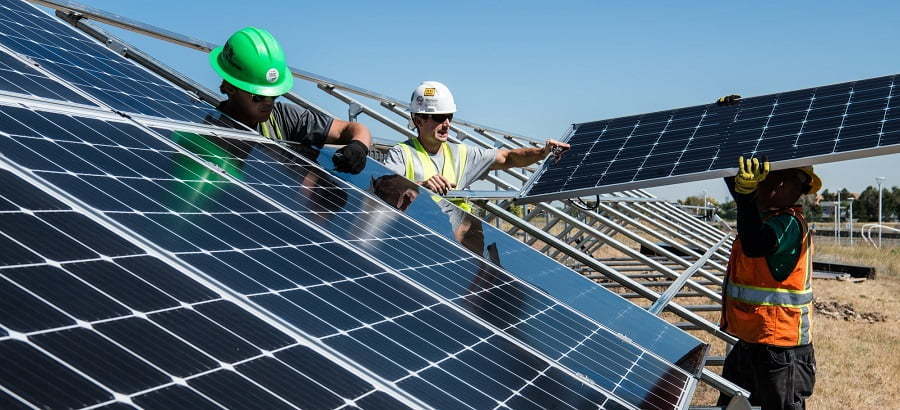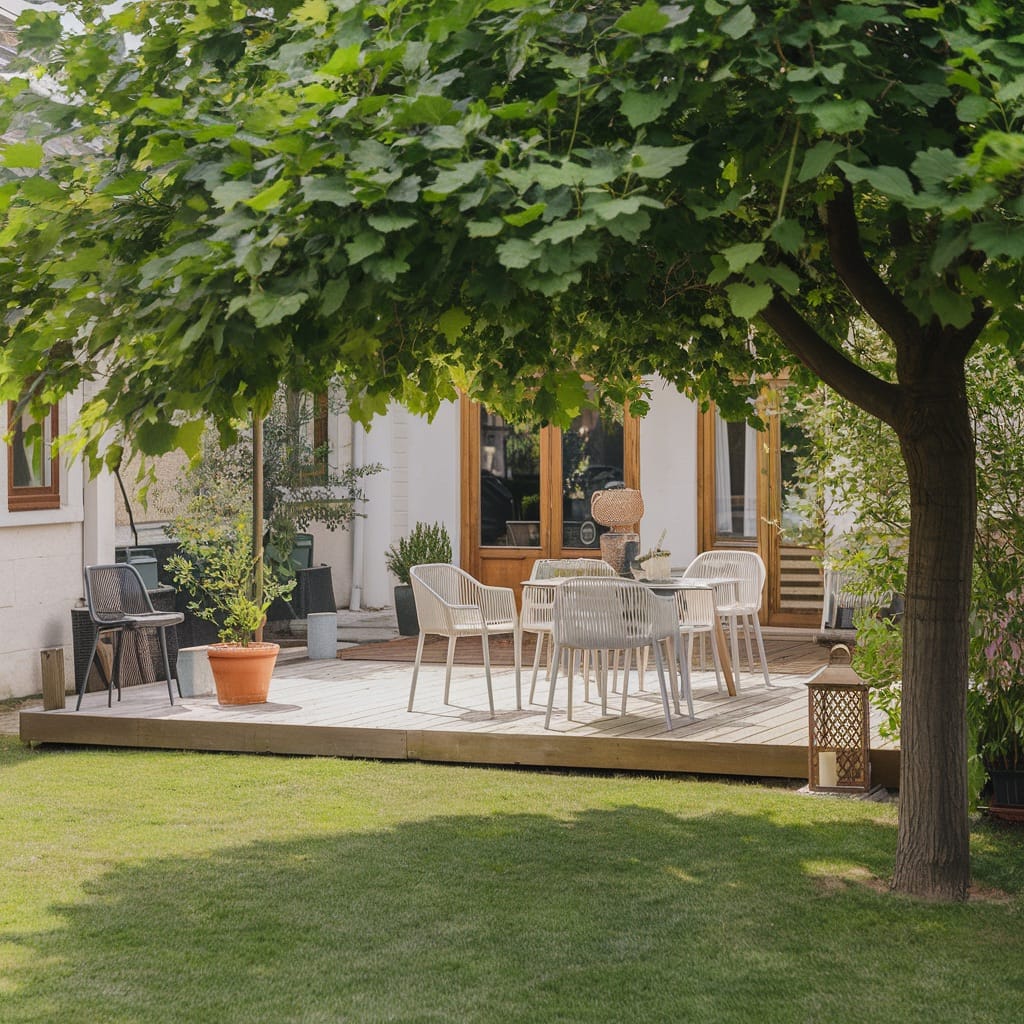Last updated on
Going solar is an important decision that requires careful consideration. The sun provides a virtually limitless source of clean, renewable energy, but that doesn’t mean it’s the right choice for everyone.
According to the Solar Energy Industries Association, the average cost of residential solar systems in 2020 ranged from $11,000 to $14,500 before federal tax credits and rebates.
It’s important to understand the long-term return on investment before making your decision. Here are seven critical things you should know before going solar.
Understand the Solar System’s Location

Sunlight varies depending on the system’s location. To get the most out of your solar system, it’s important to understand the local climate conditions and how they affect your system’s performance.
This means considering factors like the amount of sunlight, seasonal variations in temperature, and wind speeds. The amount of sunlight varies depending on the location, so it’s important to make sure your system is located in an area that has maximum exposure.
For instance, rooftop-mounted systems offer better performance than ground-mounted systems because they’re closer to the sun.
Temperature variations can also affect the performance of your system as lower temperatures can reduce the amount of energy produced.
Wind speeds can also impact the system’s performance, as high winds can move photovoltaic panels and reduce their efficiency.
Also, Jackery solar kits are a great way to get started with solar if you’re on a budget. They come with all the necessary components, including solar panels, batteries, and inverters.
Analyze Your Energy Usage

Understanding how much energy your home uses is essential to determine the size of the system you need. Analyzing your energy usage over a period of time can help you get an accurate picture of what your specific needs are.
This will also give you a better understanding of how much solar power you’ll need and how many panels or batteries will be required to meet those needs. Knowing this information ahead of time can help save money down the line as oversized systems may not provide optimal efficiency.
Calculate Your Return on Investment
Going solar requires an investment, so it’s important to calculate the return on your investment before deciding if it’s right for you. There are several federal incentives available that can help reduce the cost of your system and make it more affordable.
Solar tax credits and rebates can also help offset some of the initial costs associated with going solar. The long-term electricity savings provided by a solar system will vary depending on the size of your system, local utility rates, and other factors, but understanding this information before making a decision is essential.
Consider Your Home’s Value
Installing a solar system may increase your home’s value as it can be seen as an attractive feature for potential buyers. While not all areas have the same incentives or regulations when it comes to solar systems, research has shown that homes with solar tend to sell faster than those without it.
It’s always a good idea to speak with a local real estate agent or appraiser before making a decision, as they will have more specific information on the area’s regulations and incentives.
Research Your Local Solar Incentives
In addition to federal incentives for going solar, many states and municipalities offer additional rebates and tax credits for installing solar systems.
These incentives can vary widely from state to state, so it’s important to research what is available in your area before deciding if going solar makes sense for you.
It’s also important to understand any regulations imposed by local municipalities that may affect the installation of your system. Understanding these regulations ahead of time can help ensure that your system meets all requirements without any delays or additional costs.
Choose the Right Solar Installer

Choosing a qualified and experienced solar installer is one of the most important decisions you can make when going solar. It’s important to research potential installers and choose one that has an established reputation in the industry.
Ask for references, read online reviews, and compare quotes before making your decision. A good installer should be able to answer all of your questions and provide guidance throughout the installation process.
Monitor Your System’s Performance
Once your solar system is installed, it’s important to continue monitoring its performance. Many systems come with remote monitoring capabilities that allow you to track energy production in real time.
This will provide insight into what adjustments may be necessary for optimal performance. Monitoring your system can help ensure that it is generating the most energy possible, saving you money in the long run
By following these steps, you can make sure that you get the most out of your solar system and ensure that it meets all of your needs.
Doing extensive research ahead of time can help avoid unnecessary costs or delays down the line, and understanding the different incentives available in your area can help make installing a solar system more affordable.
Going solar is an investment, but with proper planning and research, it can be one that pays off for years to come
Recap:



